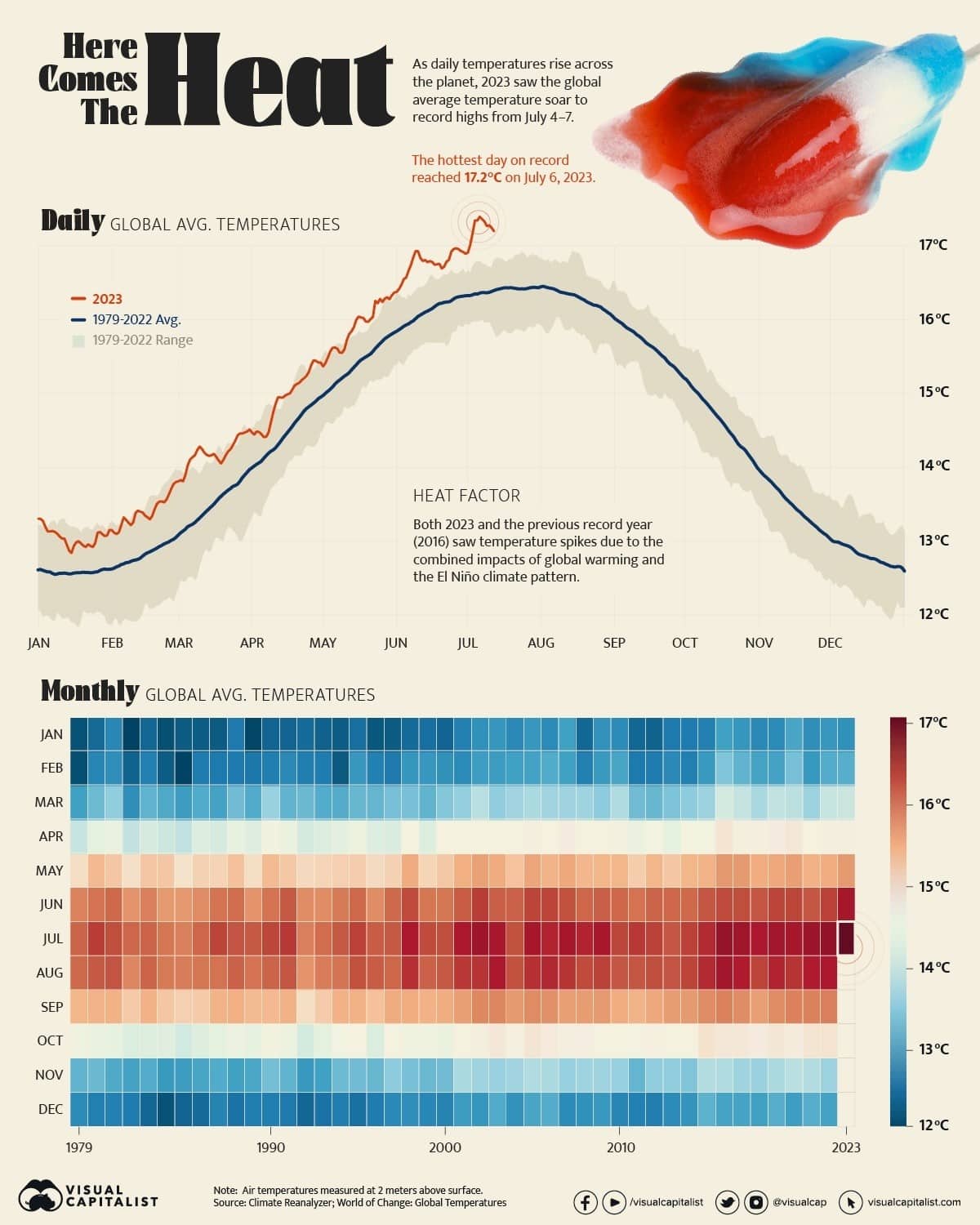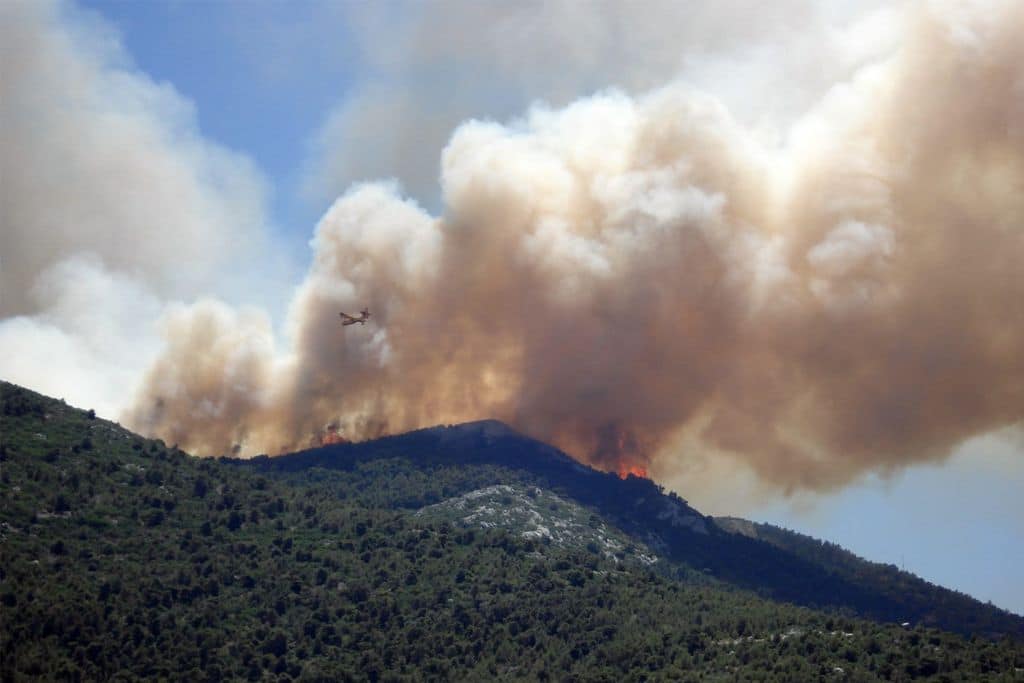Approximately 19,000 tourists have been evacuated over the weekend as wildfires spread uncontrollably across Rhodes.
—
Dozens of ferocious wildfires spreading uncontrollably on three fronts across the Aegean island of Rhodes have prompted local authorities to evacuate about 19,000 people – mostly tourists – from seaside villages and hotels over the hottest weekend the country has recorded in 50 years.
Blazes started a week ago and quickly began spreading uncontrollably from the centre of the island to the seaside villages of Kiotari, Gennadi, Pefki, Lindos, Lardos, and Kalathos in the South, fuelled by extremely hot and dry conditions and high-speed winds with gusts up to 49km/h (30mph).
Bu Sunday, wildfires had burned 2,712 hectares (6,701 acres), according to Copernicus EU, the Earth Observation component of the European Union Space Programme. They come as the country battles through an intense heatwave with peaks of 45C in central Greece, which experts predict will be the longest the country has ever endured.
Our @CopernicusEMS colleagues are working hard to support the emergency managers & first responders in #Ροδος🇬🇷
Their latest delineation map, based on yesterday’s imagery shows a burnt area of 2,712 ha
They are waiting for today’s acquisition to map its extension toward the sea pic.twitter.com/DCkudYh4Gr
— Copernicus EU (@CopernicusEU) July 23, 2023
A popular destination among tourists from the UK, Germany, and France, Rhodes saw over 2.5 million visitors last year, following a sharp decline in 2020 and 2021 amid the Covid19 pandemic.
Firefighters and rescue teams from several European countries – including the UK, the Czech Republic, and Italy – were sent to the Aegean island to assist in the evacuation efforts. France and Turkey sent water-dumping planes to support 49 fire trucks and 266 firefighters. Flights to the island have also been suspended until Tuesday, with airlines struggling to arrange enough return flights to bring back tourists, according to the state-run Athens News Agency.
About 3,000 people were evacuated by sea and 16,000 by land in what has been described as the country’s biggest-ever evacuation, a fire department spokesman said.

The global average temperature hit a record 17.2°C on 6 July. Image: Visual Capitalist.
What is happening in Greece is only the latest example of how global warming is fuelling record-breaking extreme weather events this summer, fuelled by rising atmospheric CO2 levels and El Niño, a climate phenomenon related to the warming of sea surface temperatures in the central-east equatorial Pacific that is expected bringing “off the chart” temperatures this year. After recording the hottest June and the hottest day in history, scientists now say there is a “50-50” chance that 2023 will be the hottest year on record.
You might also like: COP28 Host UAE’s Updated Climate Plan ‘Insufficient’ to Meet 1.5C Goal, Report Suggests


















